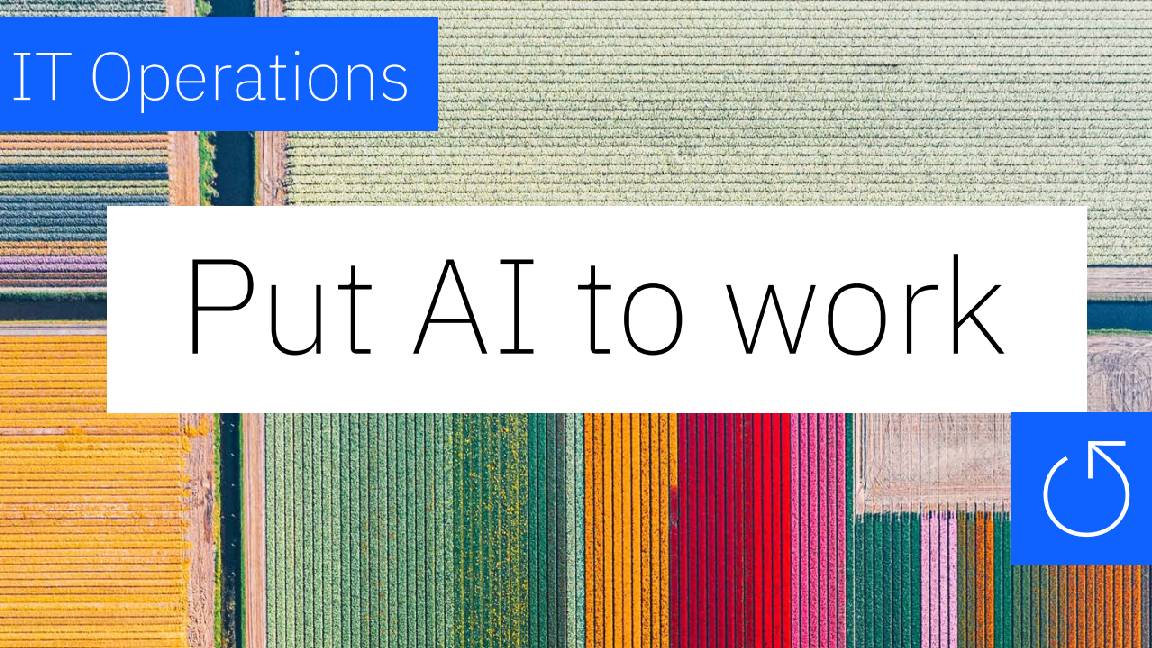The impact of the Rustock takedown
Spam levels may have dropped as a result of the Rustock takedown, but what will be the long term impact of the Microsoft-led operation?


Sign up today and you will receive a free copy of our Future Focus 2025 report - the leading guidance on AI, cybersecurity and other IT challenges as per 700+ senior executives
You are now subscribed
Your newsletter sign-up was successful
ANALYSIS Many security pros have been speculating about the impact of the Rustock botnet takedown.
Microsoft revealed last week how it had worked with various organisations in bringing down the massive botnet and it appears spam levels have taken a big hit.
Symantec data showed spam volume on 17 March had fallen 40.4 per cent when compared to a week earlier.
IBM, meanwhile, said it had seen a decline of between 35 and 40 per cent in global spam levels and suggested it was likely the Rustock shut down would have a "sustained impact on the total volume of spam."
Geographically, the US saw a huge fall in spam, largely because most of the servers Rustock relied on were based in the country.
Before the botnet's takedown, the US was the second most common source of spam, but following Microsoft's successful operation, it fell to 15th as output fell by 74 per cent. The UK saw its spam output fall by 54 per cent.
Big Blue did point out, however, the reduction in spam was only around half as significant as the fall that occurred in the latter stages of 2010 when spammers appeared to take a holiday.
Sign up today and you will receive a free copy of our Future Focus 2025 report - the leading guidance on AI, cybersecurity and other IT challenges as per 700+ senior executives
So what impact has the apparent death of Rustock had?
A new precedent
Let's be clear: no one can be sure about the future of spam levels after this. Security researchers, no matter how adamant they are, can only hypothesise.
However, the common belief is spam always rebounds and that is the likelier outcome.
In the short term, there is little doubt spam levels will remain low, and the geographic situation looks likely to be shaken up, given the US has fallen so sharply in the spam output ratings.
We'll just have to wait and see what happens in the long term globally.
What's really exciting about the assassination of Rustock though is the collaboration that went into it. You'd hope there would be a knock on effect, inspiring others to come together in the war against botnets.
Tom Brewster is currently an associate editor at Forbes and an award-winning journalist who covers cyber security, surveillance, and privacy. Starting his career at ITPro as a staff writer and working up to a senior staff writer role, Tom has been covering the tech industry for more than ten years and is considered one of the leading journalists in his specialism.
He is a proud alum of the University of Sheffield where he secured an undergraduate degree in English Literature before undertaking a certification from General Assembly in web development.
-
 AWS CEO Matt Garman isn’t convinced AI spells the end of the software industry
AWS CEO Matt Garman isn’t convinced AI spells the end of the software industryNews Software stocks have taken a beating in recent weeks, but AWS CEO Matt Garman has joined Nvidia's Jensen Huang and Databricks CEO Ali Ghodsi in pouring cold water on the AI-fueled hysteria.
-
 Deepfake business risks are growing
Deepfake business risks are growingIn-depth As the risk of being targeted by deepfakes increases, what should businesses be looking out for?
-
 Put AI to work for IT operations
Put AI to work for IT operationswhitepaper Reduce the cost and complexity of managing hybrid applications
-
 AI in the retail industry is spreading beyond the IT department
AI in the retail industry is spreading beyond the IT departmentNews AI has become a strategic imperative for retailers, delivering marked productivity gains
-
 Maximizing contact center operations with generative AI assistants backed by responsible AI principles
Maximizing contact center operations with generative AI assistants backed by responsible AI principleswhitepaper Reduce the cost and complexity of managing hybrid applications
-
 IBM just launched powerful new open source AI models – here’s what you need to know
IBM just launched powerful new open source AI models – here’s what you need to knowNews Available under the Apache 2.0 license, IBM's Granite 3.0 models are trained on enterprise data and can out-perform the competition
-
 Achieving business outcomes with generative AI
Achieving business outcomes with generative AIWebinar Take your hybrid cloud journey to the next level with generative AI
-
 Wimbledon’s new Catch Me Up AI feature promises to keep fans up to date at the tournament – after it irons out some of the wrinkles
Wimbledon’s new Catch Me Up AI feature promises to keep fans up to date at the tournament – after it irons out some of the wrinklesNews The latest feature to come out of IBM’s partnership with Wimbledon will keep fans engaged from the early stages right through to the final with dynamic player insights
-
 AI demands new ways of data management
AI demands new ways of data managementwhitepaper The data leader’s guide for how to leverage the right databases for applications, analytics and generative AI
-
 AI governance for responsible transparent and explainable AI workflows
AI governance for responsible transparent and explainable AI workflowswhitepaper Build greater trust in your AI
